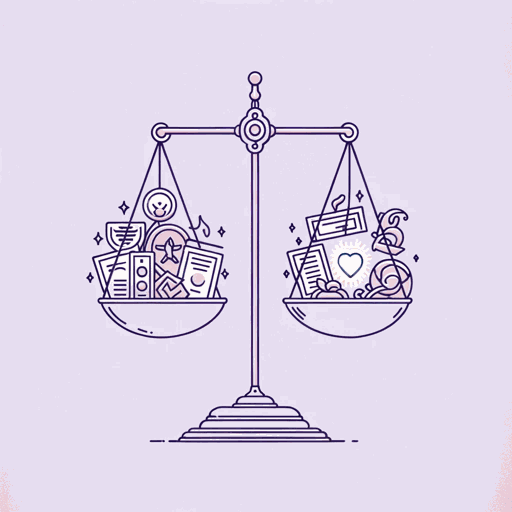54 pages • 1 hour read
David BrooksThe Second Mountain
Nonfiction | Book | Adult | Published in 2019A modern alternative to SparkNotes and CliffsNotes, SuperSummary offers high-quality Study Guides with detailed chapter summaries and analysis of major themes, characters, and more.
Background
Authorial Context: Brooks’s Personal Tribulations
Though direct references to his own life are only occasionally thematized in The Second Mountain (see Part 4), Brooks makes clear that his personal tribulations in the most recent decade of his life have led to a profound rewiring of his fundamental philosophical (and spiritual) perspective. It is this season of protracted existential crisis to which the ideas that produced The Second Mountain owe their fruition. Within the context of the second mountain analogy, we can safely refer to this period of Brooks’s life as “the valley” and a subsequent time of loss of ego in “the wilderness.” Brooks briefly discusses his divorce, his lack of meaningful friendships, and his developing sense of political alienation (Brooks is a conservative political pundit and writer; he has serious misgivings as to the direction of the Republican party). It is only from here that his personal ascent up the second mountain, and thus his desire to produce the book, can be fully understood.
In the introduction, Brooks writes of his dissatisfaction with The Road to Character, his 2015 book on forging the good life and becoming a morally praiseworthy person.
Related Titles
By David Brooks

Bobos in Paradise
David Brooks

How to Know a Person: The Art of Seeing Others Deeply and Being Deeply Seen
David Brooks

People Like Us
David Brooks

The Moral Bucket List
David Brooks

The Road to Character
David Brooks

The Social Animal: The Hidden Sources Of Love, Character, And Achievement
David Brooks

